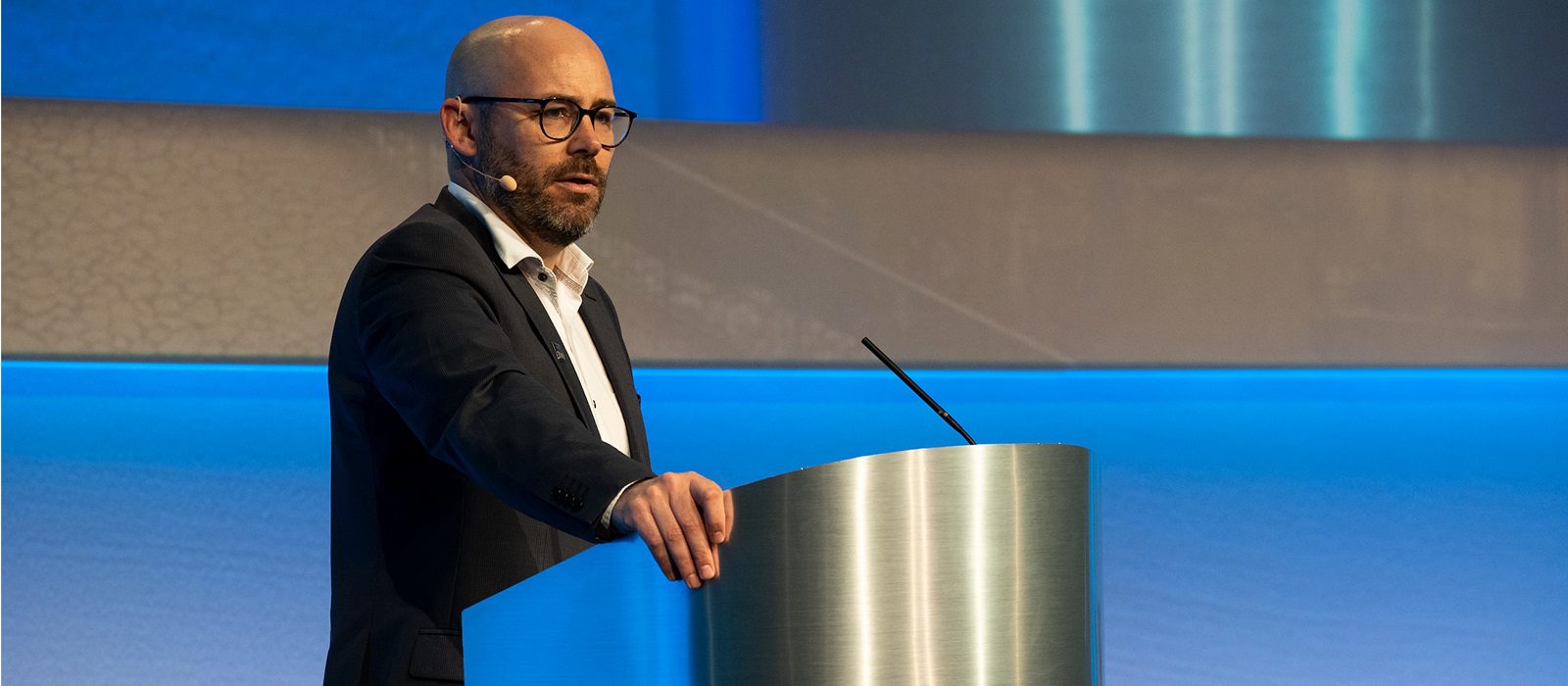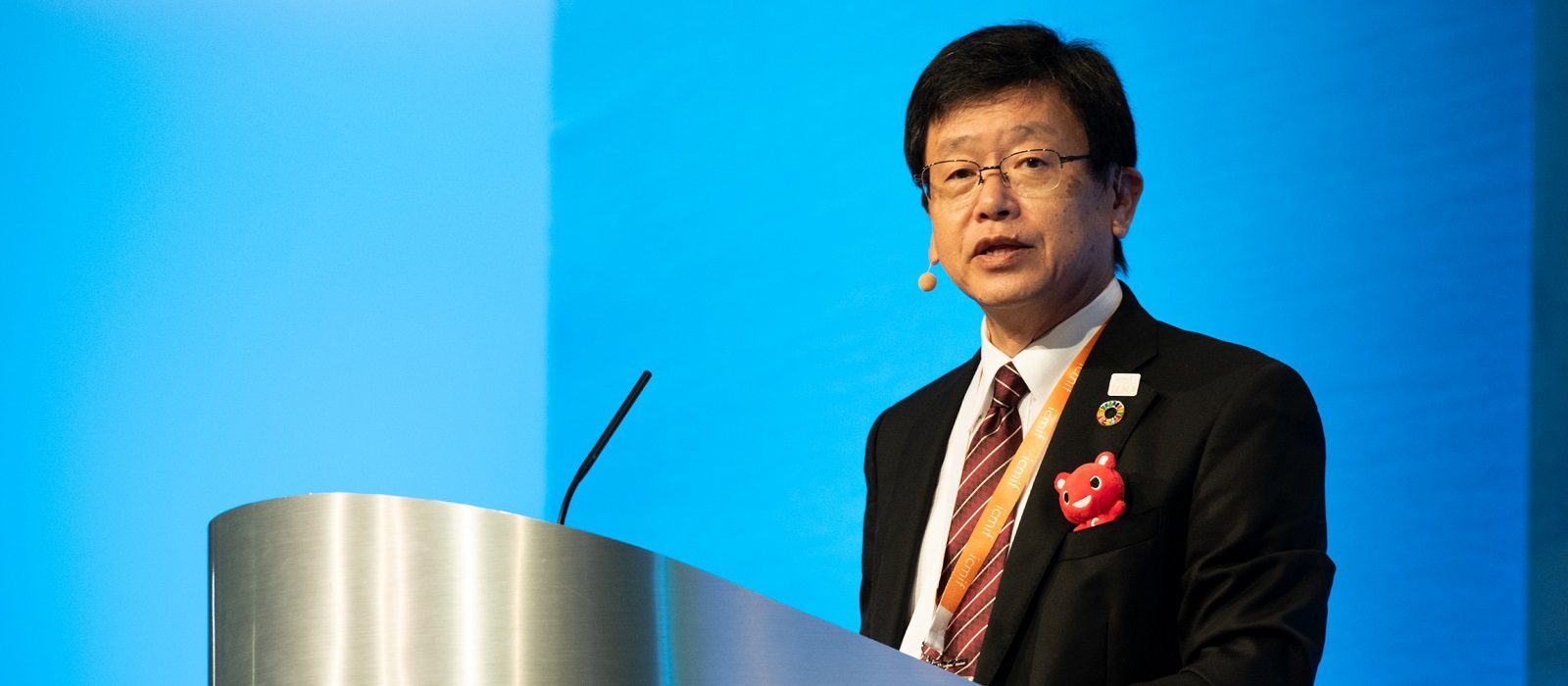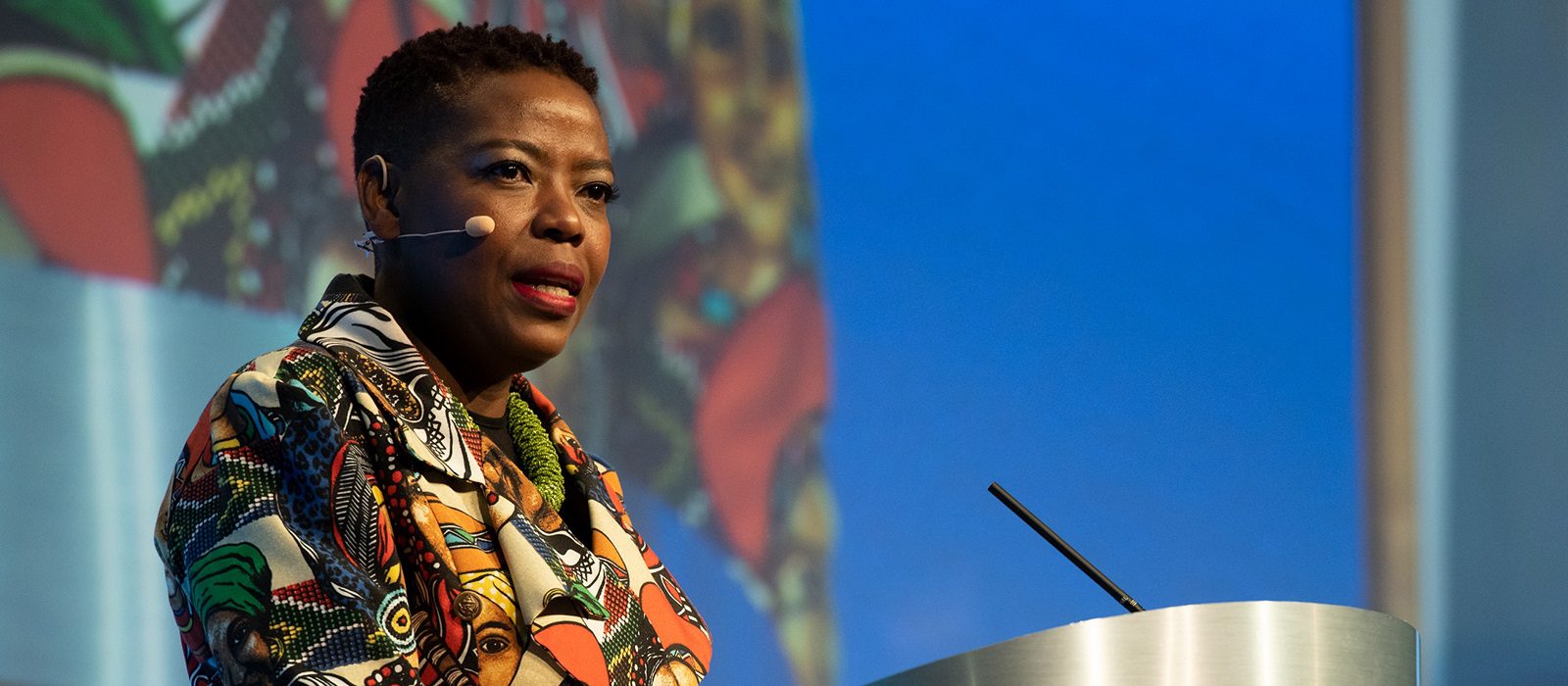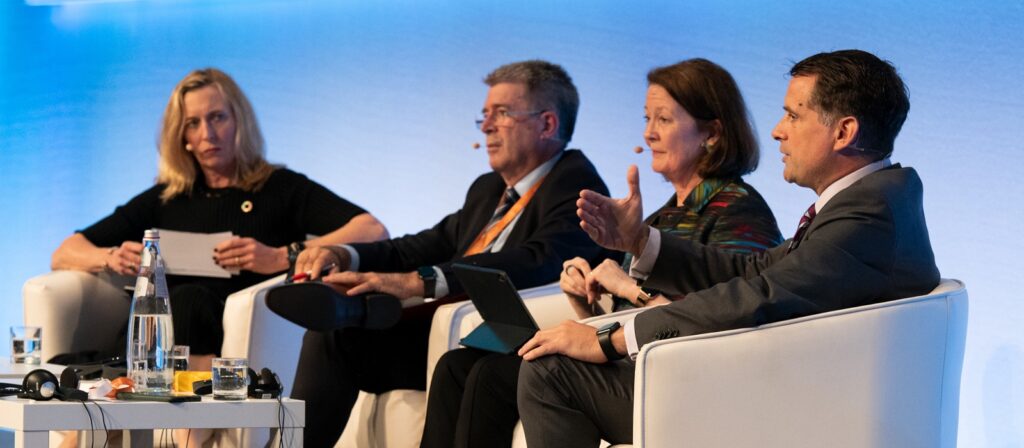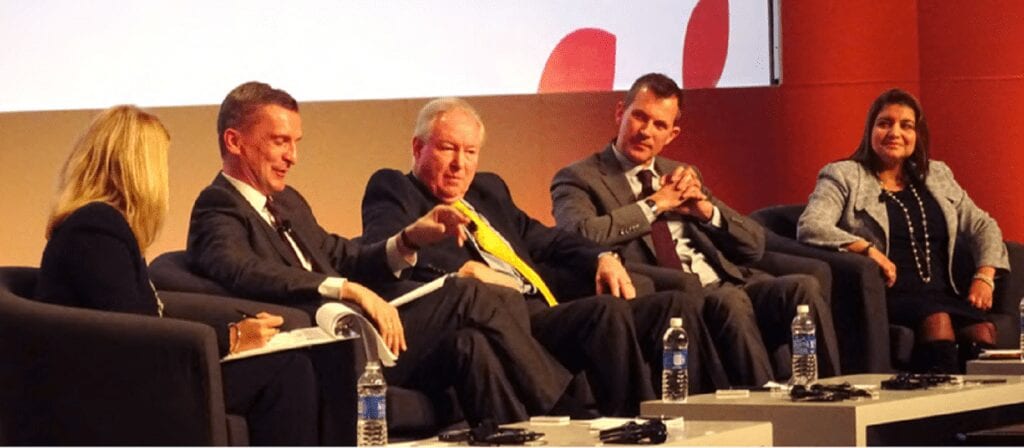FMG is a 117 year-old direct mutual insurer that insures over half of the famers and growers in New Zealand, where agriculture is the country’s largest industry. Their vision ‘Helping to build strong and prosperous communities’. Their purpose is to provide ‘a better deal for rural New Zealand’.
They use humour in their advertising and marketing to be memorable and disarming. They try to make people smile when they think about their brand.
Mutuality makes FMG a distinctive brand, while their advice provides a strategic differentiator as an insurer. There is massive competition from domestic stock-owned PLC insurers. The only way they believe that they can succeed, is having an unrivalled intimacy with customers as well as efficiency and innovation. Their strong personal connections gives them a competitive advantage that can’t easily be replicated.
Farmstrong; Live well, Farm well is an award-winning mental health programme launched in 2015 with Mental Health Foundation of New Zealand. Behavioural science and farmer-to-farmer stories are shared to improve mental resilience in rural communities, including signposting towards how farmers can seek help. Every year they survey farmers: 23% say that this scheme supports their mental wellbeing. It has the potential to save lives and give back in an area that needs more support. 58% acknowledged that their poor mental health had contributed to accidents at their farms. There have been more than 2,000 fewer accidents on farms as a result of this initiative.
Following a materiality assessment involving rural farming members, the FMG board and FMG staff, they concluded that access to fair and affordable insurance is FMG’s leading concern; as is climate change and natural disasters. An application for B Corp certification is also underway. This offers FMG a holistic view of sustainability. They are 3-6 months away from the audit and if successful they will be first insurer in the country to get this certification.
When CO-OP Kyosai was founded in the 1980s, life insurance was generally perceived as something for men who supported the family budget to take out expensive death benefits, rather than something for women and children to actively take out. A new CO-OP Kyosai has been created for women and children, focusing on members’ wishes for affordable medical cover that is easy on the family budget, as well as coverage for hospital visits for injuries that are common among children.
CO-OP Kyosai started with a monthly premium of 300 or 400 yen ‘a cup of coffee’s worth of premiums’. CO-OP Kyosai was born from the voices of its members, and they receive around 300,000 comments a year from members. More than half (180,000) of them are from people who are thankful for CO-OP Kyosai.
They also take member enquiries, opinions, requests and complaints seriously and use them to revise their products and improve services. The voices of all staff, including call centre operators, staff of the CO-OP Kyosai and staff of all coops in Japan who are in daily contact with members, are registered in the Member’s Voice Management System. This member feedback is shared with executives and relevant departments on a regular cycle to improve products and services.
CO-OP Kyosai developed the Women’s Product Range in 1998 as part of its main product range, the “Save-Anyone”. The Women’s Product Range had a special clauses based on the risk of illnesses specific to women and more generous hospitalisation cover for illnesses common to women. It covers malignant neoplasms specific to women, such as breast cancer and cancer of the uterus, as well as illnesses related to pregnancy and childbirth. The Women’s Product Range, which can be joined even during pregnancy, still enjoys the support of many members, with 1.65 million members enrolled as of the end of FY2021.
It is CO-OP Kyosai’s mission and their engagement with their members to: listen carefully to their voice; and find out what they want and reflect it in their products and services. By continuing to enhance their coverage and services they have been recognised by Japan’s largest customer satisfaction survey and were rated No. 1 in customer satisfaction in the life insurance sector.
The CO-OP Kyosai Co-op is making a significant contribution to the SDGs ‘leaving no one behind’ by continuing to listen to the voices of their members and addressing their problems. In addition to the SDGs, Kyosai Co-op, together with its member cooperatives nationwide, is also seriously tackling the SDGs.
They will continue to cooperate with cooperatives across the country, listen to their members, face social issues and continue to contribute to their members and local communities.
PPS was established in South Africa in 1941. The mutual serves graduate professionals – doctors, engineers, lawyers and anyone with a post-graduate qualification. Originally just a life insurer, it grew into the health insurance space and has grown in terms of product lines and as well as an investment business.
PPS believe professionals helps grow the economy and are its lifeblood. They see professional people’s reliance as underpinning their country’s resilience.
In South Africa, cooperatives and mutuals are more known as a social model for saving for burial, lending, and household purchases. South African people generally don’t trust that businesses can be purpose-driven as well as being a successful business.
As a niche player, PPS realised that they must break through the noise as it doesn’t want to be a ‘me too’ player. For them that means marketing PPS’s distinct focus on the power of shared success, being designed for difference and clear brand alignment.
Mutuality is at the heart of everything. They believe that success is better shared and to achieve that they operate within an ecosystem – the member, the intermediary and PPS.
Intermediaries don’t explain the full proposition or mutuality and therefore PPS have Member Socialisation Specialists who explain the full proposition to new members once they come into the business. They send them an audio-visual brochure to assist their socialisation and explain the service channels.
Profit-Share is front and centre when they release their annual results. It’s a crucial indicator of their success.
All parts of the PPS business are engaged to help develop an aligned PPS brand. This approach has been hugely successful and enabled unified communications across the organisations.
Session speakers:
- Glenn Croasdale, Chief Client Officer, FMG (New Zealand)
- Toshiaki Wada, President, CO-OP Kyosai (Japan)
- Ayanda Seboni, Group Executive: Communications, Brand and Marketing, PPS (South Africa)
- Liz Green, Executive Vice-President, ICMIF, moderator
